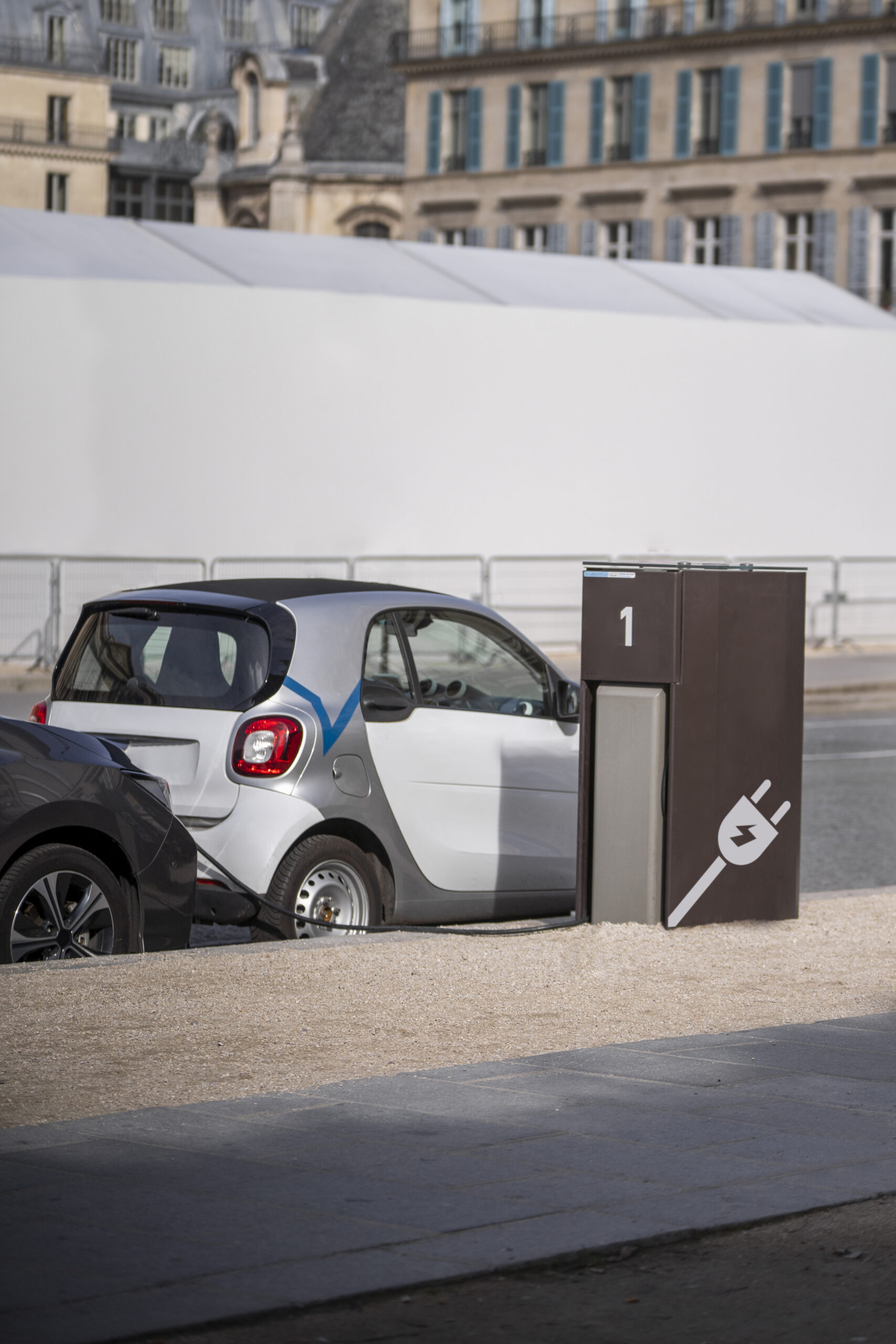February 9, 2024

As electric vehicles (EVs) continue to reshape the way we think about transportation, many EV owners are considering upgrading their charging infrastructure to meet their growing needs. Level 3 chargers, also known as DC fast chargers, are the speedsters of the charging world, capable of providing a significant charge in a short amount of time. But the question on many EV enthusiasts’ minds is: can I install a Level 3 charger at my home? In this article, we’ll explore the complexities surrounding Level 3 charger installations for residential use.
Understanding Level 3 Chargers: Speed Meets Efficiency
Level 3 chargers are renowned for their lightning-fast charging speeds. They are commonly found in public charging stations, making them ideal for quick top-ups during road trips or when you’re in a hurry. However, there are several factors that make installing a Level 3 charger at home a complex endeavour.
The Challenges of Level 3 Charger Installation at Home:
Power Requirements: Level 3 chargers demand a substantial amount of electrical power. They typically operate at high voltages and currents, far beyond what a standard residential electrical system can provide. Upgrading your home’s electrical infrastructure to support a Level 3 charger can be costly and may require extensive modifications.
Space Constraints: Level 3 chargers are larger and more complex than Level 1 or Level 2 chargers. Finding adequate space to accommodate a Level 3 charger and the associated equipment can be a significant challenge for residential installations.
Cost: The installation cost of a Level 3 charger at home can be prohibitive. This includes not only the charger itself but also the electrical upgrades and permits required. The overall cost can run into several thousands of dollars.
Utility Approval: Some utility providers may have restrictions or requirements for installing Level 3 chargers at home. It’s crucial to consult with your utility company to understand the feasibility and implications of such an installation.
While Level 3 chargers are not typically suited for residential installations, there are alternative solutions to meet your fast-charging needs:
Level 2 Chargers: These chargers offer a significant upgrade in charging speed compared to Level 1 chargers and are suitable for home installations. They provide faster charging times while being more accessible and cost-effective.
Consult a Professional: To determine the best charging solution for your specific needs, consider consulting a licensed electrician with expertise in EV charger installations. They can assess your electrical system, provide recommendations, and ensure a safe and compliant installation.
Conclusion: Exploring Your Charging Options with ReadiCharge
While Level 3 chargers offer incredible speed and efficiency, installing one at home presents several challenges that may outweigh the benefits for most residential EV owners. Instead, consider Level 2 chargers for home use or public Level 3 chargers for rapid charging on the go.
Regarding securing trusted electricians for your EV charger installation needs, ReadiCharge is your partner in electric mobility. Download the ReadiCharge app today to connect with licensed, insured, bonded, and background-checked electricians who will ensure a seamless and safe installation experience. With ReadiCharge, you’re equipped to navigate the EV charging landscape with confidence and convenience.
© 2025 ReadiCharge, LLC. All Rights Reserved.